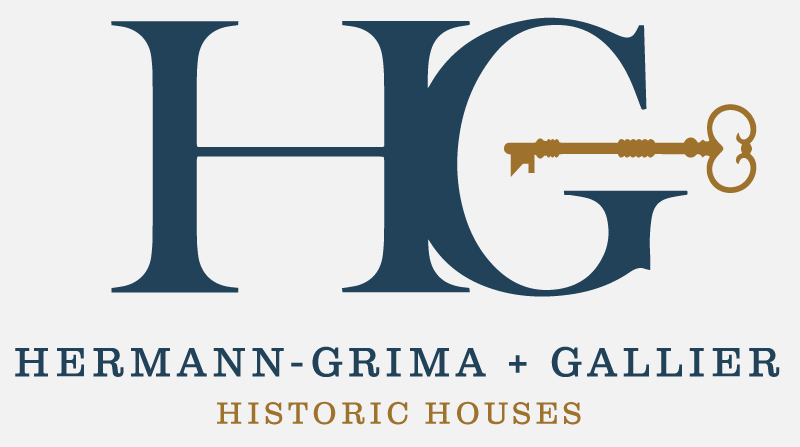We invite you to attend this free, virtual lecture:
One of the earliest professional artists of African descent in the U.S. and the first securely documented native New Orleans artist, Julien Hudson (1811–1844) is one of the most important figures in Louisiana art history and was part of New Orleans’ extraordinary community of free artists and artists of color. Ten years after the only retrospective of his brief but vital career, which was co-organized by The Historic New Orleans Collection and the Worcester Art Museum in 2011–2012, exhibition co-curator Dr. William Keyse Rudolph reminds us of Hudson’s role in Louisiana art and shares what we’ve learned since then.
About the Speaker:
Dr. William Keyse Rudolph is Deputy Director, Curatorial Affairs at The Nelson-Atkins Museum of Art in Kansas City, Missouri. Previously, Rudolph served as Chief Curator and the Marie and Hugh Halff Curator of American and European Art at the San Antonio Museum of Art (SAMA). Rudolph has also served as a curator at the Dallas Museum of Art, Worcester Art Museum, and the Milwaukee Art Museum, in addition to holding prior research and support positions at the Philadelphia Museum of Art in European paintings and European decorative arts.
Rudolph was educated at the University of Nebraska-Lincoln, the Courtauld Institute of Art, the University of Virginia, and earned his Ph.D. at Bryn Mawr College. He has also received decorative arts training through the Attingham Summer School for Country Houses and Collections and Royal Collections Studies. In addition, in 2017 Rudolph was a fellow of the Center for Curatorial Leadership, an intensive training program for art museum curators to develop leadership skills.
This event is made possible by funding from the Louisiana Endowment for the Humanities. Funding for 2021 Rebirth grants has been administered by the Louisiana Endowment for the Humanities (LEH) and provided by the National Endowment for the Humanities (NEH) as part of the American Rescue Plan (ARP) and the NEH Sustaining the Humanities through the American Rescue Plan (SHARP) initiative.
Any views, findings, conclusions or recommendations expressed in this program do not necessarily represent those of the National Endowment for the Humanities.
